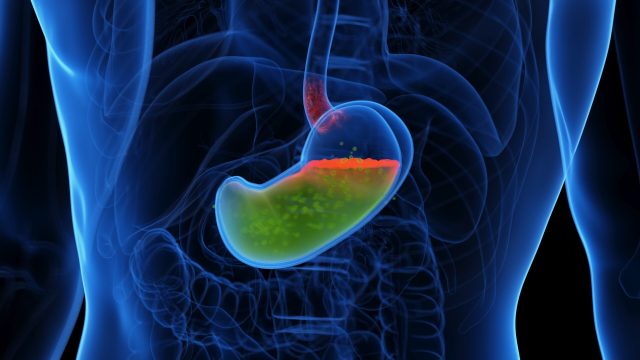Course Summary
Gastroesophageal reflux can occur in in the first months of life and it often resolves by age one. As individuals age, consistent symptoms of gastroesophageal reflux disease or heartburn can lead to complications. Successful management includes an understanding of the disorder, medication, dietary approaches and education on managing symptoms. Several drugs are used for the treatment of gastroesophageal reflux disease. Patients should be investigated for symptoms and followed up through recommended diagnostic testing and treatment.
Course Format
Homestudy
Course Syllabus
- I. Introduction
- II. GERD Epidemiology and Pathophysiology
- 1. GERD and FGID Disease Overlap
- 2. Prevalence Rates
- III. Lower Esophageal Sphincter and GERD
- 1. GERD Defined
- 2. Dyspepsia and Other Common GERD Symptoms
- IV. Risk Factors of GERD
- 1. Postprandial Gastric Acid
- 2. Transient Lower Esophageal Sphincter Relaxation
- V. Diagnosis of GERD
- 1. Ambulatory Acid pH Probe Test
- 2. Endoscopy
- 3. Esophageal Manometry (Motility) Testing
- VI. Complications of GERD
- 1. Esophageal Stricture
- 2. Esophageal Ulcer
- 3. Throat and Lung Symptoms
- 4. Barrett’s Esophagus
- 5. Esophageal Cancer
- VII. Treatment of GERD
- 1. Erosive versus Non-erosive Subtypes
- 2. PPI and Lifestyle Treatment: A Standard Approach
- 3. Medication: Non-prescriptive and Prescriptive Strength
- 4. Nissen Fundoplication
- 5. Linx Device
- VIII. Summary


